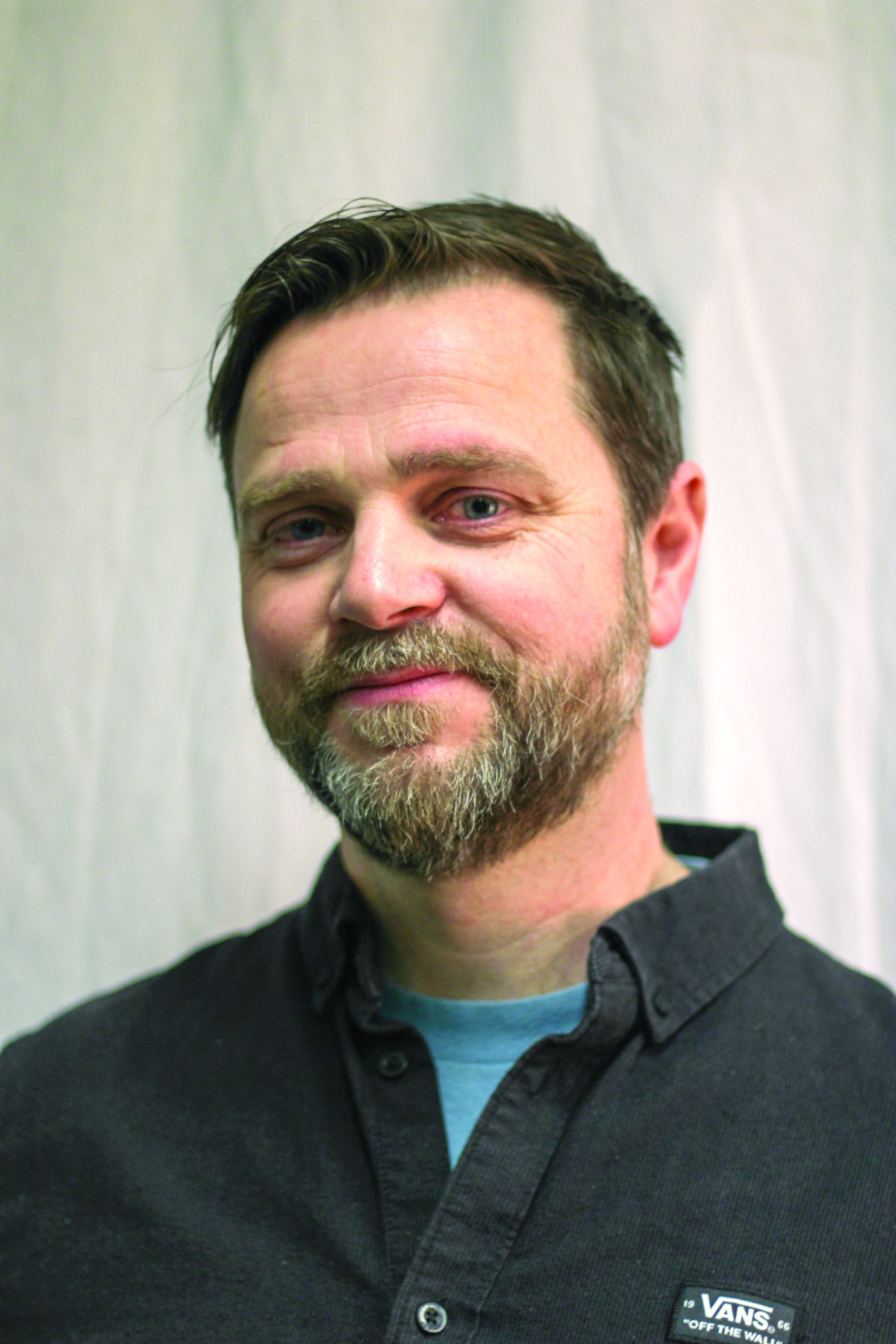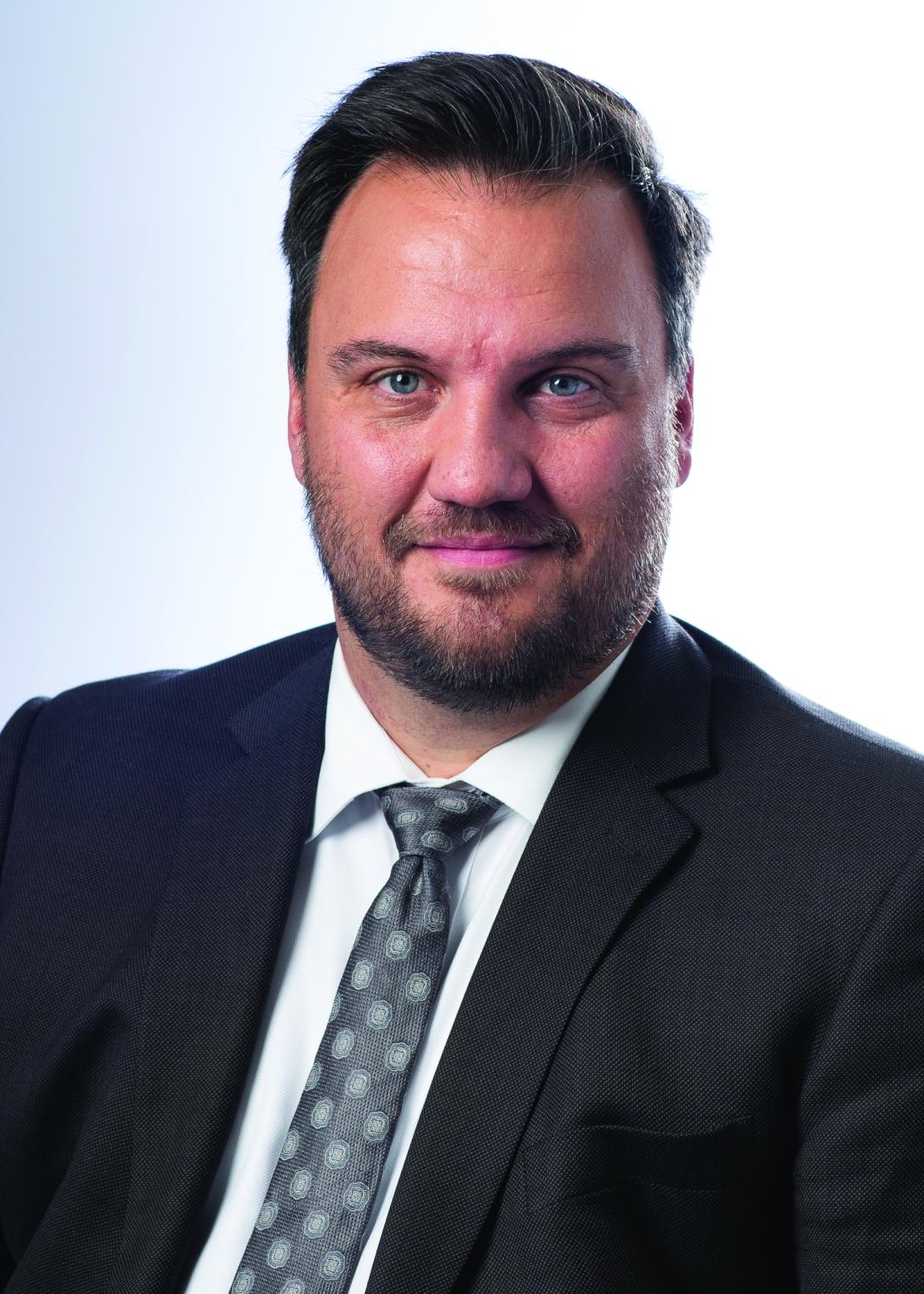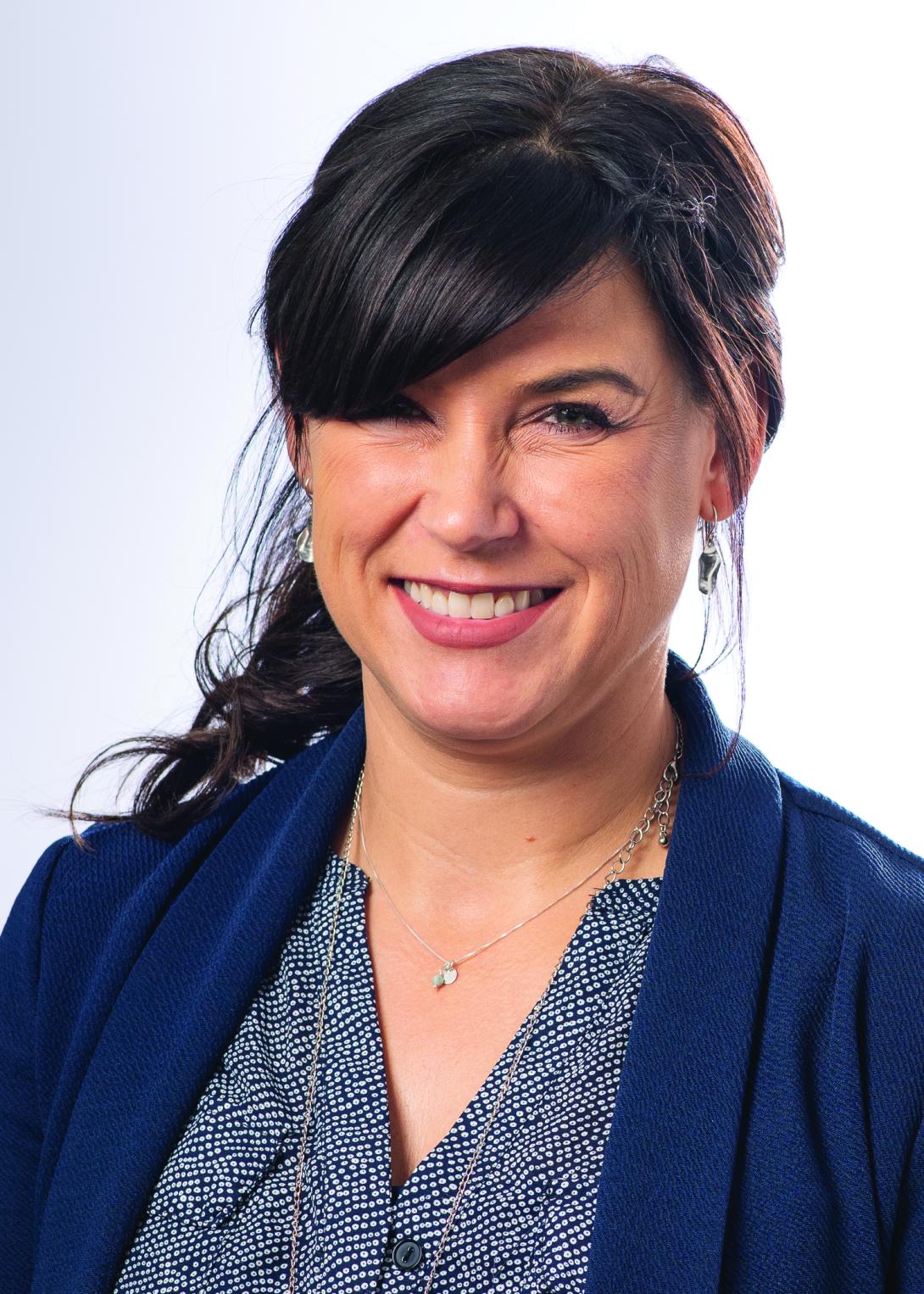When I was young, I dutifully joined my elementary school’s track team. Track at that phase of my life consisted of sprinting 4 x 100m or 8 x 100m and not much else. I was not and am not naturally gifted as a sprinter. I presume that my ancestors were just faster than the next poor sucker who had to outrun the wolves, thus ensuring that mediocre sprinting speed would be an annoying warm spot in my gene pool.
When I made it to high school, I again dutifully joined the track team. Lacking the upper body strength for throwing and the coordination for jumping, I chose to run middle distance.
Middle distance sucks. It doesn’t have a marathon’s promise of endorphins or the mercifully close finish line of a sprint, even though the pace feels almost as quick. It’s basically sprinting for people who like to experience intense pain. It is track for masochists. As a middle-distance athlete, I was at best a “participant” and never to receive a medal, let alone a Canadian fitness test award for “excellence.”
Ten years later I became a teacher, and I’ve been doing that for more than 20 years. I enjoy my job. I like seeing young people grow into themselves. I relish seeing my students take on challenges and winning. I even have grown to recognize that their success is not my doing, nor solely my responsibility. Instead, I get to be a bit player in my students’ life-stories for a semester or two and hope that I can nudge them forward and avoid knocking them backwards. People, real people who aren’t related to me say I’m pretty good at teaching.
At this point of my career, I’m left thinking about the middle distance. Recently my job has gotten harder. I’m likely at the peak of my teaching ability, but my job has taken on a “sprint-for-people-who-like-pain” quality. My classes are bigger, and my teaching schedule is “optimized” or more accurately “completely maxed out.” While technically I am teaching the same number of minutes as my previous maximum, I have more students and many with higher needs than ever before. Student stress and academic gaps have been magnified by the pandemic, while students face higher than ever competition to get into a desirable career. Teaching is more complicated than it has ever been and, if you’re interested, a laundry list of concerns is only an internet search away.
The middle distance is grinding, not a sustainable marathon nor a short sprint. In my daily middle-distance effort, I am responsible for more than 100 students. I talk, mark, reflect, make decisions and act with empathy. It is tiring work. I go home feeling more emotionally drained than ever before and as inflation exacts a toll, I’m doing more work for less pay, as are so many others in my province.
I have fewer than 10 years to retirement. I’ll probably stick with teaching until then. I genuinely enjoy elements of my job, but a word of caution to people who assume my holidays and professional development days and supposed five-hour work days are easy and that I’m overpaid. You may have run before, but until you’ve put in your greatest effort to cover the middle distance, day after day, then you can’t know what it is like to be in my shoes.
An extra word of caution to the people who balance the budget on the fulcrum of education. Young teachers can’t sustain this pace for a whole career. Burnout is happening and will be a drain on the profession if not addressed. Children deserve great teachers, but no one can do their best if they aren’t treated well. Acknowledging our challenges and working in good faith with your teachers will be more productive than using us as a political football. ❚
Kent Trew teaches chemistry at J. Percy Page High School in Edmonton.

Special to the ATA News
Read more
View the entire digital issue of the ATA News
See the latest issue

